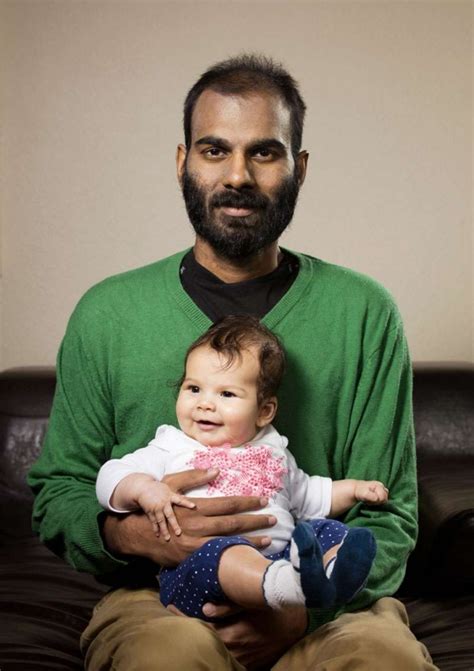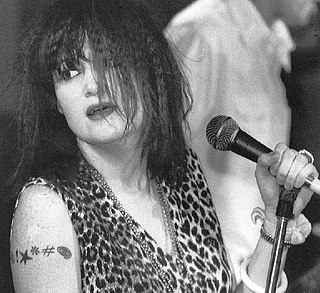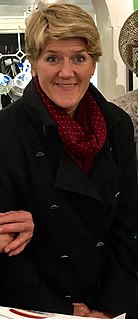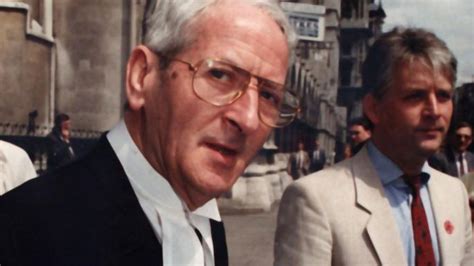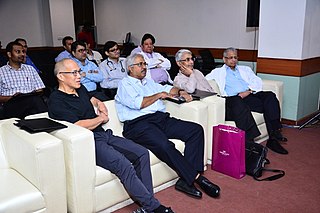A Quote by Tom Brokaw
What I quickly learned after my diagnosis is that the world of a cancer patient has many parts and a good deal of uncertainty.
Related Quotes
I have sat with countless patients and families to discuss grim prognoses: It's one of the most important jobs physicians have. It's easier when the patient is 94, in the last stages of dementia, and has a severe brain bleed. For young people like me - I am 36 - given a diagnosis of cancer, there aren't many words.
When people get cancer now, the first thing you do is you go to some doctors to get some advice, figure out what to do. People live a long long life after a cancer diagnosis. Not that it's not scary. The people I know have done so many stupid things. And they're still alive. Just being alive at this point is kind of icing on the cake.


